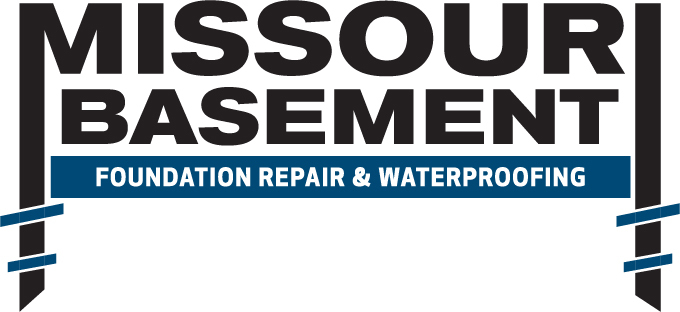In the process of purchasing or selling a home, the home appraiser will test the house for a gas called radon. Radon is a tasteless and odorless radioactive gas that seeps up from the ground produced naturally by decaying uranium, thorium, or radium. Radon is heavy, which means it will accumulate in the lower levels of the home, like the basement and first floor, which gets 40% of its air from the basement.
The average person receives more radiation from radon each year than from all other sources. Almost all risks come from breathing air with radon and its degraded products.
 Radon Is Dangerous If Left Untreated
Radon Is Dangerous If Left Untreated
If left untreated for an extended period, radon can cause adverse health effects like:
- Coughing
- Shortness of breath
- Chest pain
- Unexplained weight loss
Long-term radon exposure can lead to the development of lung cancer.
Get A Professional To Test For Radon, Then Test Every Two Years
Testing for radon is the only way to know whether your home is affected. To test for radon, first, contact your state’s radon program. A trained and certified professional in radon testing will come to your home and determine radon levels. You should get your results back in a few days.
You can purchase a radon test kit from program services, often at a discount or free, that you can use to test your home every two years.
Mitigation Systems Work At Expelling Radon From The Home
If radon has been found in the home, it’s critical to get it mitigated as soon as possible. Mitigation is done through the installation of a PVP pipe that draws radon gas up and out of your home via a fan. This system has a manometer, a U-shaped tube filled with colored fluid.
This meter shows you the static pressure that the radon fan is running at. If the fluid levels are different (higher on one side than the other), the fan is working. If the levels are equal, the system needs maintenance. There will be an arrow indicating unsafe levels, and you should call a professional.
Remember to make it a habit to check your manometer levels regularly!
Sealing cracks and other openings in the floors and walls of the basement will also help reduce radon in the home. Encapsulating crawl spaces with a vapor barrier can also help prevent radon from coming into the house.
The experts at Missouri Basement are qualified to install radon mitigation systems in the St. Louis region. Take care of the health of your family and home by trusting the experts.
